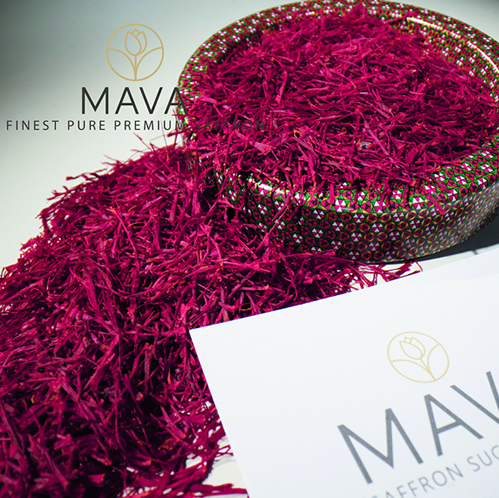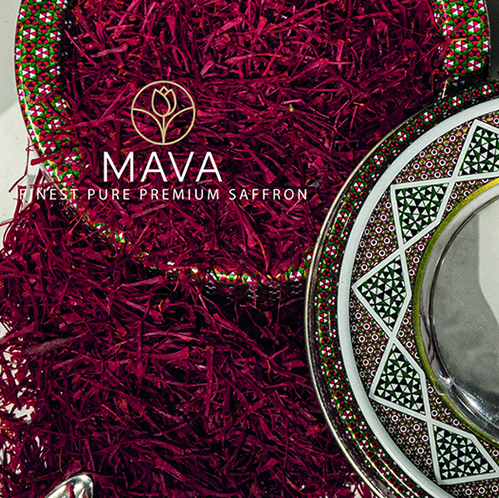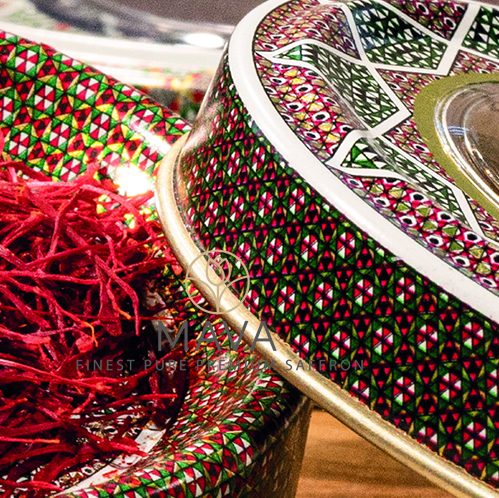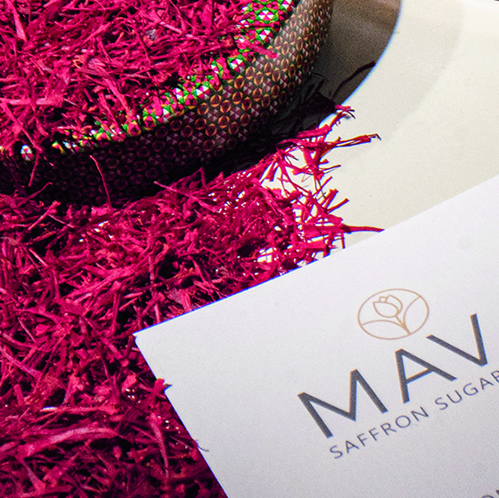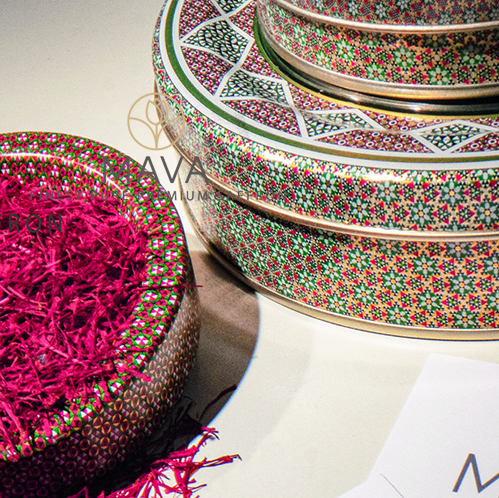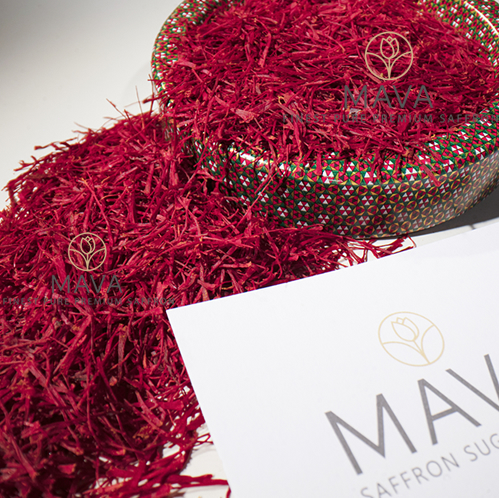Embracing Organic Practices
Organic farming methods are at the core of sustainable saffron cultivation. By forgoing harmful pesticides, herbicides, and synthetic fertilizers, saffron farmers can protect the soil, water, and surrounding ecosystems while ensuring the production of premium and pure saffron. Embracing organic practices involves encouraging beneficial insects, using compost for enrichment, and rotating crops to maintain a healthy balance within the saffron fields. These methods not only preserve the quality of saffron but also contribute to the overall sustainability of the farming process.
Water Conservation: Preserving a Precious Resource
Saffron cultivation traditionally requires substantial amounts of water. However, in the face of climate change and increasing water scarcity, it is crucial to adopt water-efficient techniques to reduce water consumption. Drip irrigation, rainwater harvesting, and proper management of water runoff can limit wastage and conserve this precious resource. Implementing these methods not only benefits the environment but also helps farmers cope with drought conditions that may arise due to climate change. By conserving water, we can ensure the sustainability of saffron production and preserve nature's golden gift.
Preserving Biodiversity: Enhancing Ecosystem Health
Promoting biodiversity within saffron cultivation areas is essential for the overall health and sustainability of the ecosystem. Planting companion crops, such as herbs, flowers, or vegetables, alongside saffron can attract beneficial insects, reduce pest problems, and enhance soil fertility. Additionally, preserving wildflowers and other native plants in the surrounding areas can create habitats for pollinators and support overall ecosystem health. By preserving biodiversity, we not only protect the natural balance but also contribute to the production of premium saffron by harnessing the power of nature.
Ethical Production: Supporting Fair Trade Practices
Ensuring fair trade practices is crucial for sustainable saffron cultivation. Supporting saffron farming communities with fair wages, safe working conditions, and access to education and healthcare improves their livelihoods and strengthens their commitment to sustainable farming methods. Engaging in direct trade or purchasing saffron from certified fair trade cooperatives ensures that saffron is sourced responsibly. By supporting ethical production, we can make a positive impact on the lives of saffron farmers, promote sustainable practices, and enjoy the pure saffron spice guilt-free.
Engaging the Community: Fostering Ownership and Pride
Sustainable saffron farming goes beyond cultivation techniques. Encouraging local communities to actively participate in saffron cultivation fosters a sense of ownership and pride. Supporting initiatives like farmer training programs, cooperative development, and marketing assistance empowers farmers and helps create a sustainable future for saffron farming. By engaging the community, we can build a strong network of saffron enthusiasts, promote sustainable practices, and ensure the long-term viability of saffron cultivation.
Climate Resilience: Adapting to Changing Conditions
Climate change poses challenges to traditional farming practices, including saffron production. Implementing strategies to mitigate and adapt to climate change impacts is crucial for the sustainability of saffron cultivation. Investing in research for climate-resilient saffron varieties, employing climate-smart irrigation practices, and adopting methods to protect saffron fields from extreme weather events can help safeguard this fragile crop. By building climate resilience, we can ensure the continuity of saffron production, even in the face of changing climatic conditions.
Saffron Packages: Bringing the Golden Spice Home
To fully appreciate the exquisite flavors and benefits of saffron, it is essential to source it from reputable suppliers. Online platforms offer a convenient way to access premium saffron and support sustainable cultivation practices. When purchasing saffron packages, look for trusted brands that prioritize quality, fair trade, and sustainable sourcing. By choosing pure saffron from reliable sources, you can enjoy its rich aroma and vibrant color while contributing to the sustainability of saffron farming.
Sustainable saffron cultivation methods are vital to protect the environment, preserve biodiversity, and promote the well-being of saffron farmers and their communities. By embracing organic practices, conserving water, preserving biodiversity, promoting fair trade, engaging the community, and building climate resilience, we can safeguard one of nature's most valuable gifts - saffron - for generations to come. Let's commit to sustainable saffron cultivation, savor its exquisite flavors, and ensure a brighter, more sustainable future for this golden spice.
"Saffron, the golden spice, is not only a valuable ingredient but also a symbol of sustainability when cultivated using organic practices and water-efficient techniques." - Mava Saffron
This article was written by Mahan Nafarabad, an expert in sustainable farming practices and an advocate for the preservation of nature's golden gift - saffron.


